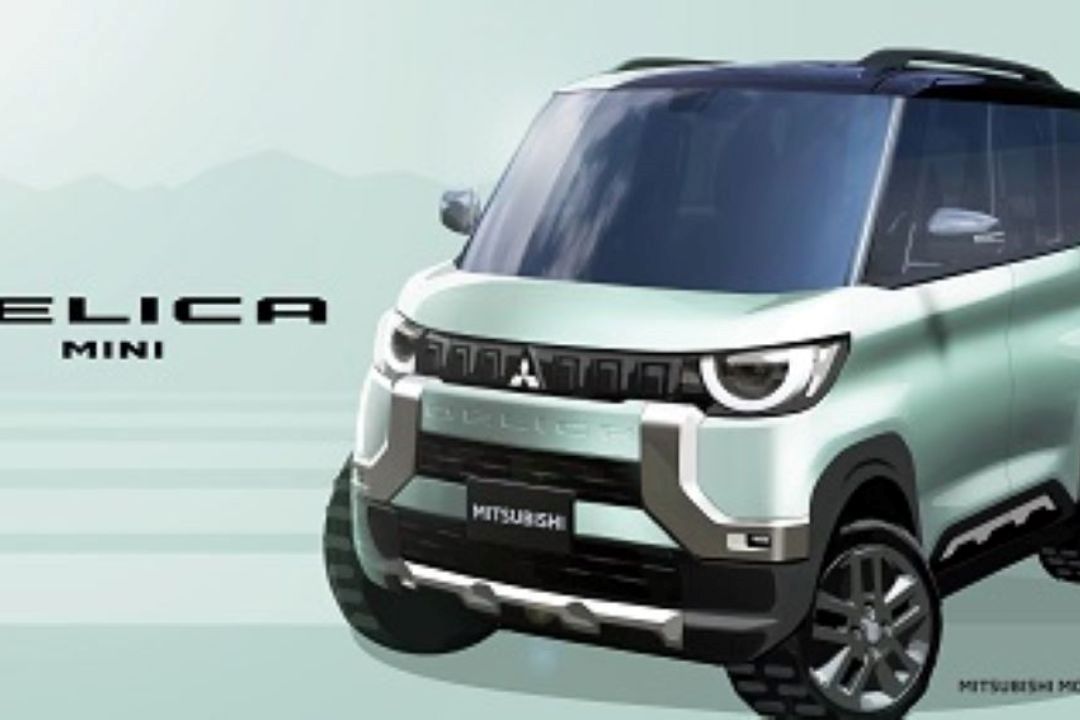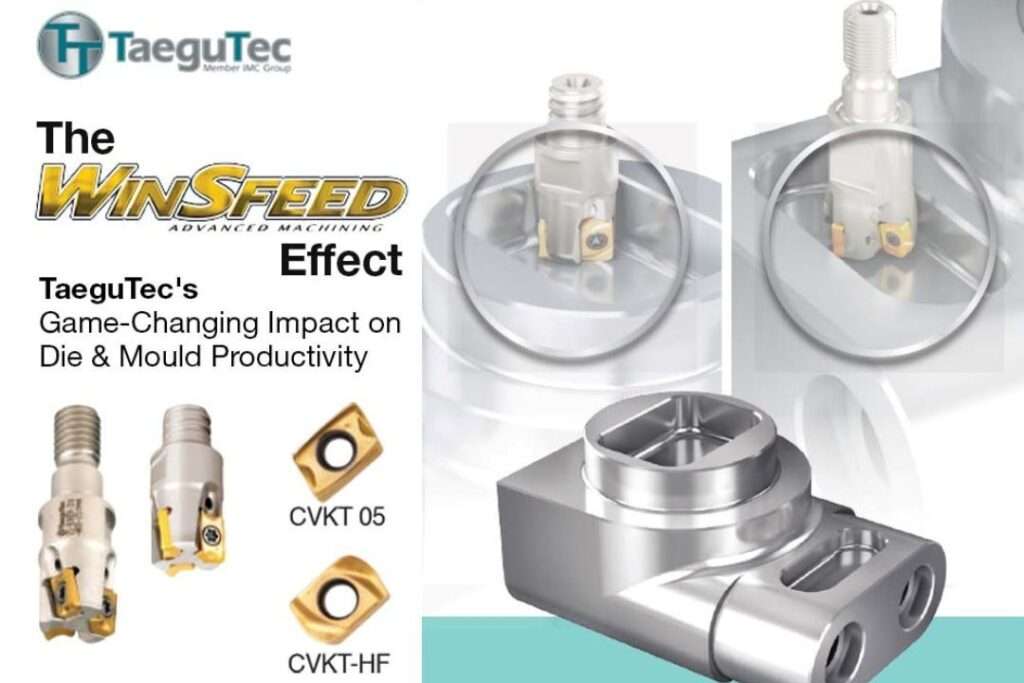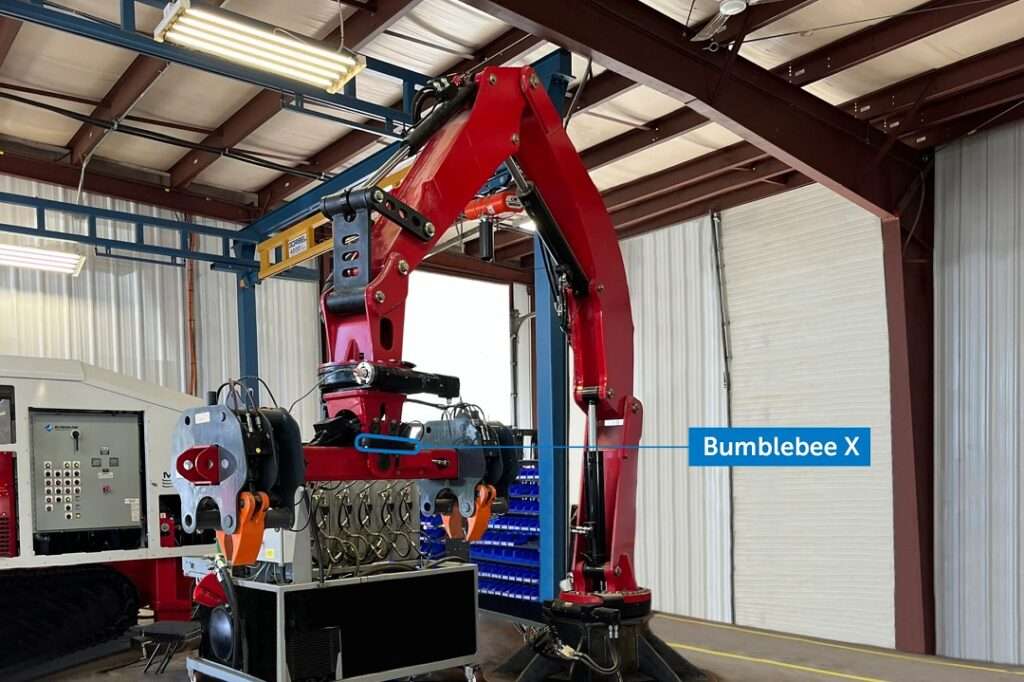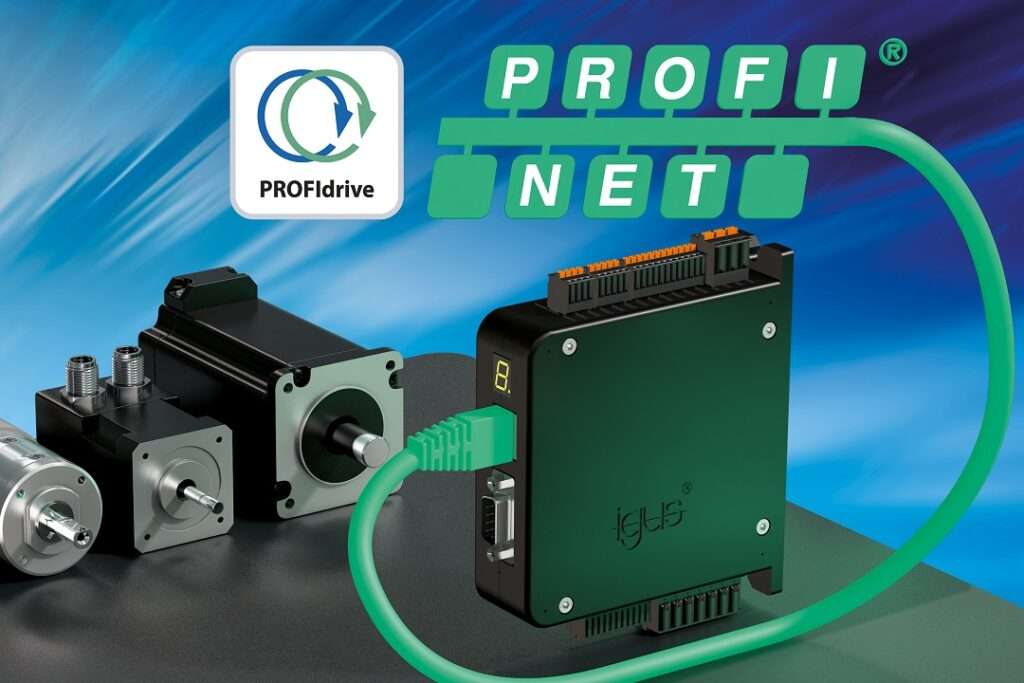Mitsubishi Motors is joining the Honda-Nissan alliance, creating two major groups in Japan’s auto market: the Toyota Motor Group and the new Honda-Nissan-Mitsubishi alliance. Together, these three companies sell over 8 million vehicles worldwide, according to Nikkei Asia.
This move comes as Tesla and Chinese automakers invest heavily in electric vehicles (EVs), pushing Japanese car makers to improve their supply chains. This change is expected to impact various industries in Japan.
Honda and Nissan announced a cooperation agreement in March, but Mitsubishi Motors’ role was unclear. Nissan owns 34.01% of Mitsubishi Motors, and bringing Mitsubishi into the alliance aims to improve competitiveness. The three companies will now work closely together to strengthen their market position.
Negotiations have been ongoing, and Mitsubishi Motors has signed a nondisclosure agreement with Honda and Nissan. In the fiscal year ending March 2024, Honda sold 4.1 million vehicles, Nissan sold 3.44 million, and Mitsubishi Motors sold 810,000. Together, they sold 8.35 million vehicles.
In contrast, Toyota, Japan’s largest automaker, has alliances with Daihatsu, Suzuki, Subaru, Mazda, and Hino Motors, reaching a total sales volume of 16 million units. This puts the Honda-Nissan-Mitsubishi alliance in direct competition with Toyota’s network.
The alliance is driven by the need to adapt to the changing auto industry, especially the shift from internal combustion engines to EVs. Japanese automakers face challenges from new players in the EV market. In 2023, Nissan sold 140,000 EVs, Honda sold 19,000, while Tesla sold 1.8 million and BYD sold 1.57 million. In China, the world’s largest car market, Honda and Nissan have struggled against low-priced local EVs, leading them to rethink their market strategies.








